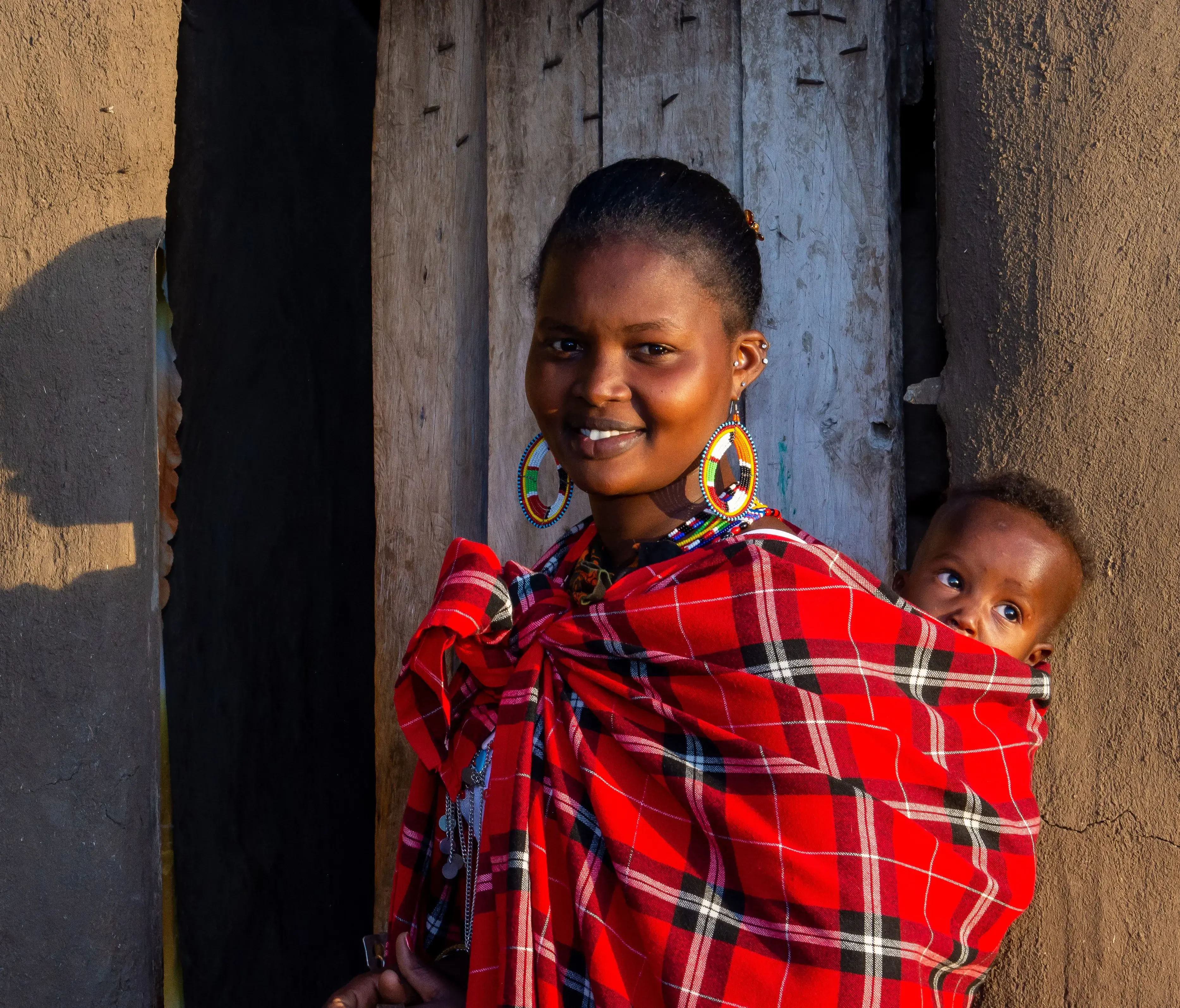The Kenya population during the 2019 Kenya Population and Housing Census (KPHC) stood at 47.6 million (49.5% Males, 50.5% Females and less than 0.01% Intersex). An increase from the 37.7 million population enumerated during the 2009 KPHC, and presenting an intercensal growth rate of 2.2%. The life expectancy at birth of the Kenyan population stood at 60.6 years for males and 66.5 years for females. The population has a youthful structure with a low but increasing older population aged 60 years and above at 5.8 %.
To respond to the needs of this population, through Sexual and Reproductive Health; and Gender programmes, UNFPA is working with the National and County governments of Kenya to provide evidence that will facilitate evidence-based decision-making in planning, policy development, monitoring, and reporting of progress made in the implementation of the Kenya Vision 2030, the Africa Vision 2063, SDGs, ICPD25 Commitments, among others. Specifically, UNFPA provides the required financial and technical support to ensure the availability and accessibility of disaggregated, high-quality timely evidence to inform programmes on population, sexual and reproductive health, humanitarian, gender-based violence, and harmful practices at national and county levels.
UNFPA employs the following strategies to achieve its objectives:
- Strengthening the capacity of institutions to generate, analyze, disseminate, and utilize population, SRH, GBV, harmful practices, humanitarian, and other related data;
- Enhancing partnerships with academic, research, public, and private sectors to promote the generation and sharing of knowledge and experiences on population, SRH, humanitarian, GBV, and harmful practices;
- Generation and utilization of administrative data from civil registration; maternal, and perinatal death surveillance reviews, Kenya Health Information System, GBV information management system, and, other population and development-related data systems; and,
- Strengthening monitoring and evaluation systems to track and review the implementation of population and development programmes focusing on progress on SRHR. UNFPA will collaborate with key partners in Government, academia, civil society, and among United Nations agencies.


